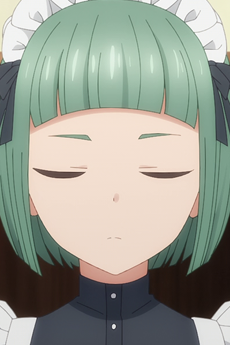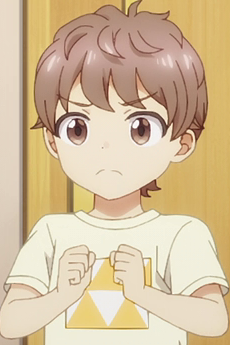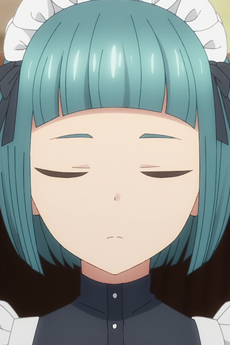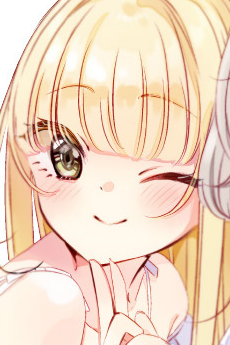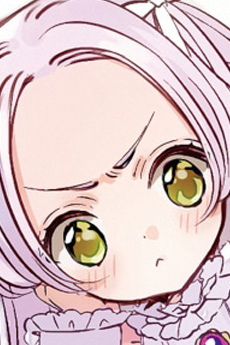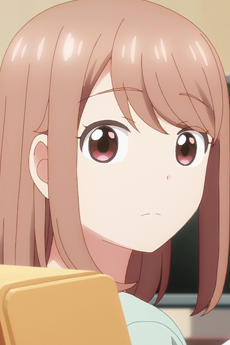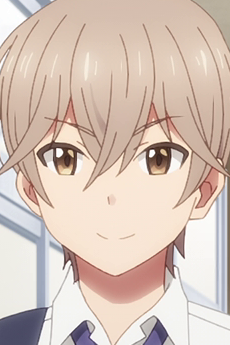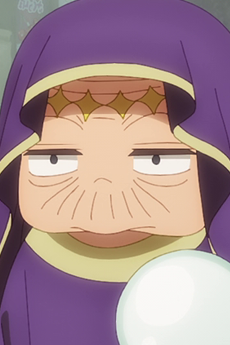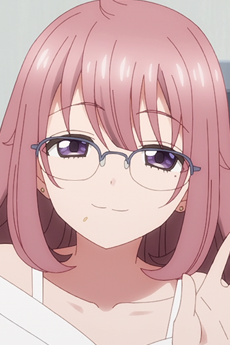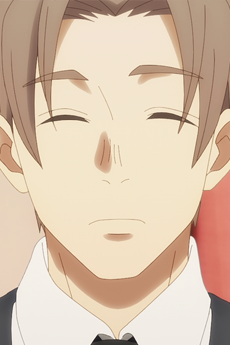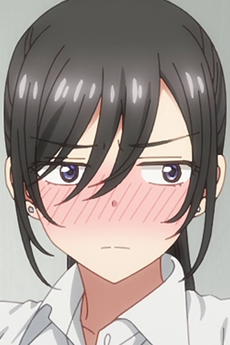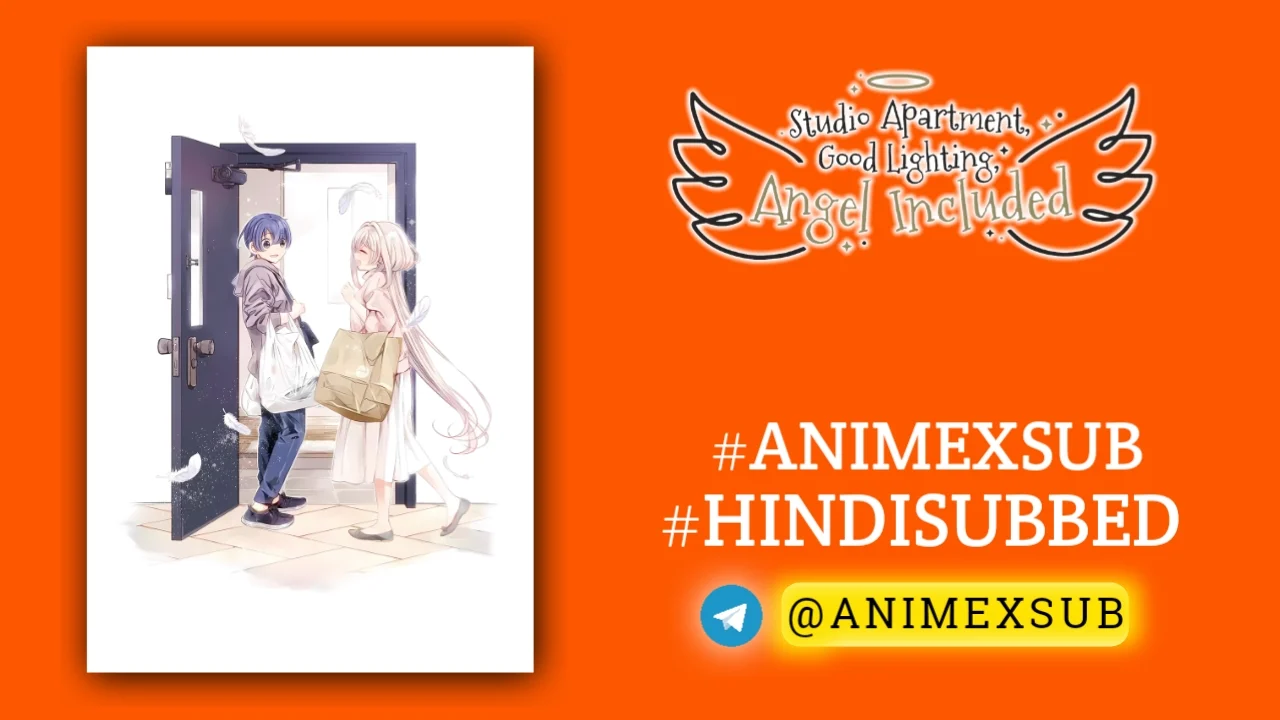
Studio Apartment, Good Lighting, Angel Included Hindi Subbed [12/12] | One Room, Hiatari Futsuu, Tenshi-tsuki. Hindi Sub!!

One Room, Hi Atari Futsuu, Tenshi Tsuki.
Studio Apartment, Good Lighting, Angel IncludedSynopsis
After a long day, high schooler Shintarou Tokumitsu’s plans for relaxing in his studio apartment take a turn when he discovers an angel on his balcony. The divine girl, Towa, reveals she’s there to study humanity, and yet despite his skepticism, he agrees to put her up. Prepare for the most heavenly and high jinks roommate experience of all time! (Source: Crunchyroll)
Watch Trailer
Characters
Studio Apartment, Good Lighting, Angel Included Season 1: A Heavenly Harem Rom-Com That Finds Its Wings
Studio Apartment, Good Lighting, Angel Included (Japanese: Wan Rūmu, Hiatari Futsū, Tenshi-tsuki) is a delightful anomaly in the crowded landscape of harem rom-com anime. Adapted from Matoba’s manga, serialized in Square Enix’s Monthly Shōnen Gangan from September 2020 to March 2025, this 12-episode series, produced by Okuruto Noboru, aired from April to June 2024. It blends supernatural charm, lighthearted comedy, and a touch of heartfelt introspection, creating a cozy yet uneven addition to the genre. While it doesn’t reinvent the wheel, its quirky cast and unique take on the “magical girlfriend” trope make it a surprisingly endearing watch. Here’s an in-depth review of Season 1, exploring its strengths, weaknesses, and what makes it stand out in a sea of similar shows.
Plot: A Divine Roommate and a Growing Harem
The story centers on Shintaro Tokumitsu, a high school student living alone in a modest studio apartment, courtesy of his manga-artist aunt, Mari. His quiet life takes a celestial turn when Towa, a pure-hearted angel with a penchant for domesticity, crash-lands on his balcony. Sent by God to study humanity, Towa’s naivety and divine charm upend Shintaro’s routine, sparking a series of comedic and romantic misadventures. As Towa settles in, Shintaro attracts an eclectic group of supernatural girls: Noel, a socially awkward yuki-onna (snow woman) who triggers blizzards when emotional; Lilishka, a vampire with a chuunibyou streak; and Tsumugi, a normal classmate harboring a long-standing crush on Shintaro. Together, they navigate the challenges of cohabitation, school life, and budding feelings in a narrative that’s equal parts fluffy and chaotic.
The premise is familiar—boy meets otherworldly girl, harem ensues—but Studio Apartment distinguishes itself with its low-stakes, slice-of-life approach. Rather than leaning heavily into high-drama romance or over-the-top fanservice, the series focuses on the everyday absurdities of living with a divine being and her supernatural peers. It’s less about grand romantic gestures and more about the small, tender moments that build relationships, making it a refreshing take on the genre.
Characters: A Charming Ensemble with Room to Grow
The heart of Studio Apartment lies in its colorful cast, each bringing a distinct flavor to the harem dynamic:
- Shintaro Tokumitsu (voiced by Shūichirō Umeda): Shintaro is the quintessential everyman protagonist—kind, slightly awkward, and oblivious to the affections swirling around him. While he’s a bit generic as a self-insert character, his genuine compassion and willingness to help others make him a likable anchor for the series. His growth lies in balancing his responsibilities with the chaos brought by his new roommates.
- Towa (voiced by Hikaru Tono): Towa is the standout, a radiant angel whose childlike curiosity and earnestness steal the show. Her wings pop out when she’s excited, adding a visual quirk to her already endearing personality. Towa’s journey to understand humanity—through chores, friendships, and subtle jealousy—grounds the series in warmth, though her obliviousness to Shintaro’s feelings can feel repetitive.
- Tsumugi Tsutsumi (voiced by Hana Tamegai): The “normal” girl in the harem, Tsumugi’s unrequited crush on Shintaro adds a layer of relatable pathos. Her jealousy-fueled antics provide humor, but her backstory, including a childhood connection with Shintaro, gives her depth that’s only partially explored in Season 1.
- Noel (voiced by Saori Ōnishi): As a yuki-onna, Noel’s icy exterior and social struggles make her a compelling addition. Her ability to summon blizzards when emotional leads to some of the series’ funniest moments, particularly in the middle episodes where her character shines.
- Lilishka (voiced by Yui Ogura): The latecomer vampire with a flair for the dramatic, Lilishka’s chuunibyou tendencies inject fresh energy into the series. Her integration, however, feels rushed, leaving her arc underdeveloped by the finale.
Supporting characters like Aunt Mari (voiced by Ai Kayano) add quirky charm, with her eccentric manga-artist lifestyle and fondness for Towa providing some of the season’s best comedic beats. The ensemble’s chemistry is a highlight, particularly in episodes where their supernatural quirks collide in Shintaro’s cramped apartment.
Animation and Sound: Simple Yet Effective
Okuruto Noboru’s animation is serviceable but not groundbreaking. The character designs are distinct and expressive, with Towa’s angelic glow and Noel’s frosty aesthetic standing out. The studio apartment itself is a cozy backdrop, with its “good lighting” subtly emphasized through warm, inviting color palettes. However, the animation quality dips in action-heavy scenes, and some episodes feel visually static, relying on character interactions to carry the momentum.
The soundtrack, featuring Yui Ogura’s upbeat opening theme “Kimiiro no Kiseki” and SoundOrion’s gentle ending “Sunny Canvas,” complements the series’ lighthearted tone. The voice acting is a strong point, with Hikaru Tono’s bubbly delivery as Towa and Saori Ōnishi’s nuanced performance as Noel adding emotional depth to their characters.
Strengths: Wholesome Humor and a Strong Middle
Studio Apartment excels in its middle episodes (roughly 4–8), where the introduction of Noel and the exploration of her social anxieties bring fresh humor and heart. Scenes like Noel’s accidental snowstorms or Towa’s earnest attempts at housework are both hilarious and endearing, striking a balance between comedy and character development. The series also handles its harem elements with restraint, keeping fanservice minimal compared to genre peers. This allows the focus to remain on relationships and personal growth, particularly Towa’s fascination with human emotions and Shintaro’s quiet kindness.
The show’s exploration of themes like loneliness, identity, and found family adds surprising depth. Shintaro’s solitary life contrasts with the chaotic warmth brought by Towa and company, while characters like Noel and Tsumugi grapple with their insecurities in relatable ways. These moments elevate Studio Apartment above standard harem fare, making it a cozy watch for fans of slice-of-life anime.
Weaknesses: A Shaky Start and a Rushed Finish
Despite its charms, Studio Apartment stumbles at both ends. The early episodes lean heavily on familiar harem tropes—awkward misunderstandings, mild ecchi moments, and a slow pace that may test viewers’ patience. As noted in reviews, the series takes about seven episodes to find its footing, a risky proposition in an era where many viewers decide whether to continue after just three.
The finale is another weak point, feeling more like a pause than a conclusion. Lilishka’s late introduction leaves her arc underdeveloped, and the season ends without resolving key romantic tensions or advancing the overarching plot of Towa’s mission. This lack of closure, combined with the absence of a Season 2 announcement as of July 2025, leaves the series feeling incomplete.
Reception: A Mixed but Positive Response
Studio Apartment has garnered a decent following, with a 6.35/10 weighted mean on Anime News Network based on 39 user ratings. Fans on platforms like Reddit praise its wholesome vibe and likable cast, with some calling it a “positive surprise” for its balance of comedy and heart. However, others criticize its reliance on clichés and lackluster conclusion, with one reviewer describing it as “comfortably mid” and noting its struggle to stand out in a crowded genre. The manga, licensed by Yen Press, is often recommended for those wanting more depth, as the anime only adapts a portion of the eight-volume series.
Cultural Context and Comparisons
Studio Apartment fits snugly into the “monster girl harem” subgenre, alongside shows like The Helpful Fox Senko-san and Miss Kobayashi’s Dragon Maid. Unlike Senko-san, which focuses on healing a weary protagonist, Studio Apartment leans into romantic and comedic chaos, with Towa’s angelic nature providing a unique twist. Its supernatural elements and domestic focus also draw comparisons to Gabriel Dropout, though it lacks the latter’s sharp wit. The series’ restrained fanservice and emphasis on character-driven humor make it more accessible than edgier harem anime, appealing to viewers seeking light, feel-good entertainment.
Should You Watch It?
Studio Apartment, Good Lighting, Angel Included Season 1 is a mixed bag that shines brightest in its middle stretch. Its wholesome characters, gentle humor, and cozy atmosphere make it a pleasant watch for fans of harem rom-coms and supernatural slice-of-life anime. However, its slow start, uneven pacing, and lackluster finale may frustrate viewers looking for a more polished narrative. If you enjoy shows like The Helpful Fox Senko-san or are drawn to stories about found family and quirky cohabitation, this series is worth a try—especially if you stick through the initial episodes to reach its stronger moments.
Final Verdict: 6.5/10
A charming, if flawed, addition to the harem genre, Studio Apartment offers enough heart and humor to earn a spot on your watchlist, but don’t expect it to soar to heavenly heights. Stream it on Crunchyroll or buy it on Apple TV for a dose of angelic fluff.
Fun Fact: The manga’s title, One Room, Hi Atari Futsū, Tenshi-tsuki, playfully translates to “One Room, Decent Lighting, Angel Included,” poking fun at the mundane allure of Shintaro’s apartment. It’s a fitting metaphor for the series itself—unassuming but with a touch of divine charm.
Support Our Anime Community!
Love watching the latest anime? Help us keep uploading new episodes by join telegram channel ❤️
Join Now!

